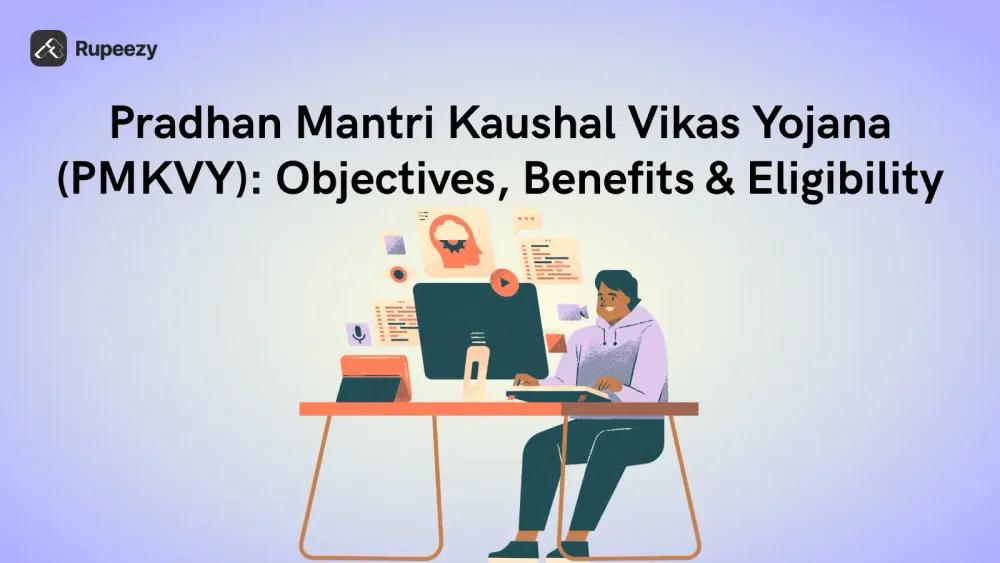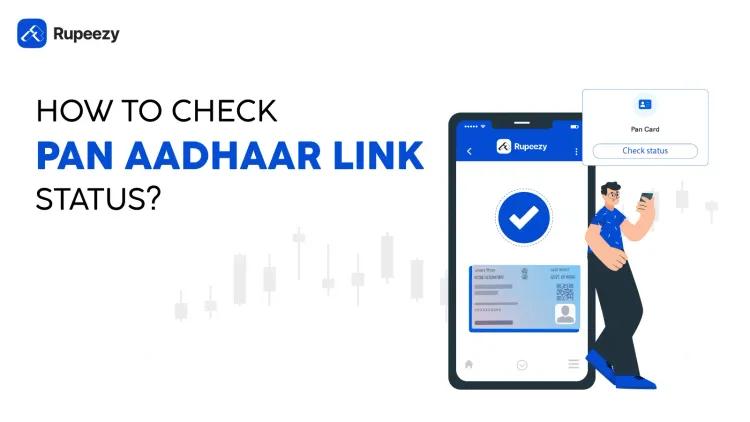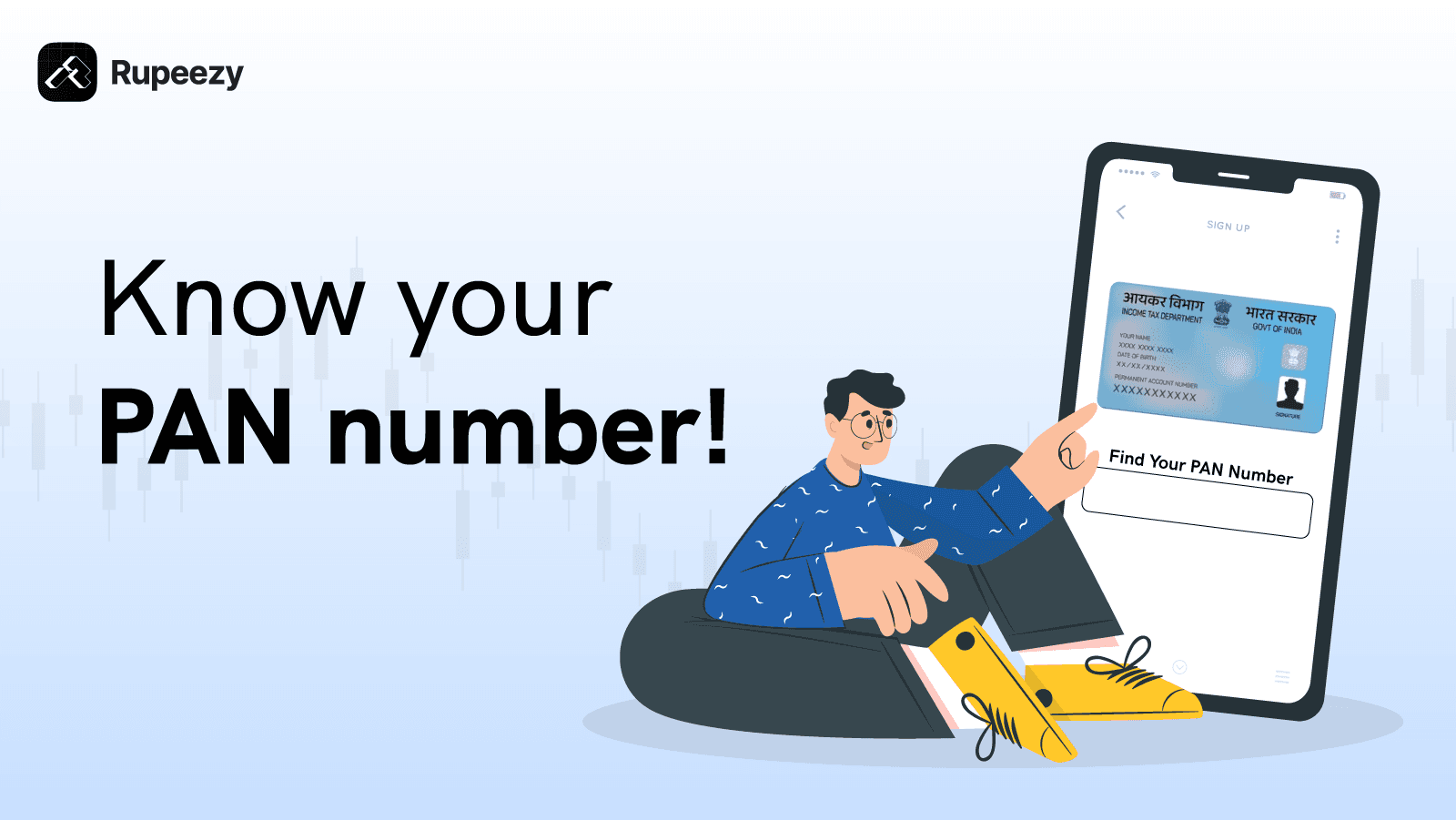Pradhan Mantri Kaushal Vikas Yojana (PMKVY): Objectives, Benefits & Eligibility


00:00 / 00:00
Developing a nation is not just about creating job opportunities or working on infrastructure. But it is also about starting schemes that can help the citizens in the long run. India, which is currently in a transition stage, is also a country with the largest number of the youngest population. While the state governments have started plans like the Rajiv Yuva Vikasam Scheme 2025 for Telangana, there are a few schemes that work countrywide.
The Pradhan Mantri Kaushal Vikas Yojana (PMKVY) is one such flagship skill development scheme under the Ministry of Skill Development and Entrepreneurship (MSDE). The PMKVY has enabled India to empower the youth to achieve employment, productivity, and self-employment levels that will make India self-reliant through structured training, industry-oriented courses, and certification.
Everything you need to know about PMKVY, its goals, characteristics, qualifications, and effects on the Indian workforce has been discussed in this article.
What Is Pradhan Mantri Kaushal Vikas Yojana?
The Pradhan Mantri Kaushal Vikas Yojana (PMKVY) is a government program that gives free skill training to young people in India so they can find work and become self-sufficient. The Skill India Mission started in 2015 and aims to make skill development more consistent by offering courses and certifications that are approved by the industry.
PMKVY has been put into action in several stages over the years:
PMKVY 1.0 (2015–2016): The goal was to raise awareness and give short-term training.
PMKVY 2.0 (2016–2020): Brought in Recognition of Prior Learning (RPL) and links to job placement.
PMKVY 3.0 (2021–2022): Focused on skill development based on demand and implementation at the district level.
PMKVY 4.0 (2023–2026): Adding skills that will be useful in the future, like AI, robotics, drone technology, and green jobs.
The National Skill Development Corporation (NSDC) works with Sector Skill Councils (SSCs), state governments, and registered training centers all over India to carry out the plan.
Pradhan Mantri Kaushal Vikas Yojana Objectives
The main idea of PMKVY is to empower as many Indian youth as possible to pursue skill training that is pertinent to the present and future employment opportunities. Just like financial education is important, this skill program helps you to gain skills in a wide variety of career options.
Here are its key objectives:
Foster Skills
To empower and motivate youth to acquire industry-related skills, which result in gainful jobs or entrepreneurship.
Standardized Certification
To establish a national standard of training in skills, using the National Skills Qualification Framework (NSQF).
Recognition of Prior Learning (RPL)
To acknowledge and give certification to the existing skills of the unorganized sector workers who learnt through informal means.
Close the Skill Gap
Supports in improving the employability through training skills in alignment of training with industry needs.
Promote Entrepreneurship
To offer self-employment and promote micro and small-scale businesses, which can help in employment generation, too.
Inclusive Development
To make sure that women, differently-abled members, and rural youth are involved for better reach and success of all.
Key Components and Features
The Pradhan Mantri Kaushal Vikas Yojana is designed in a way that incorporates some important elements that render it complete and powerful.
1. Short-Term Training (STT)
The youth are provided with free training programs of between 150 hours to 300 hours in different fields like IT, healthcare, retail, construction, and manufacturing. These involve soft skills, entrepreneurship, and financial literacy classes.
2. Recognition of Prior Learning (RPL)
Formal assessment and certification can be done for individuals who have acquired skills through work experience. This enhances their credibility and assists them to be eligible in securing better employment.
3. Special Projects
This component is used to carry out custom-designed training programs to a given group or industry, such as the defense personnel, rural artisans, or tribal communities.
4. Placement Assistance
PMKVY training centers also help the candidates to get in touch with potential employers. Certified candidates are usually assisted or guided to begin their own businesses.
5. Learning and Skills Centres Online
The latest iterations of PMKVY incorporate e-learning courses and online skill centers to assist the young population in adjusting to new technology and the workplace environment.
Eligibility for Pradhan Mantri Kaushal Vikas Yojana
The scheme is designed to be accessible to all Indians, especially the underprivileged and unemployed youth seeking career growth.
Age: To apply, you must be between the ages of 15 and 45.
Education: There are no strict requirements for education. Anyone can apply, even people who didn't finish school or college.
Citizenship: To apply, you must be an Indian citizen and have a valid form of ID, like an Aadhaar card or PAN card.
Status of Employment: Young people who are out of employment or work in the informal economy are given precedence.
Interest and Commitment: People who apply should be ready to take all of the tests and finish all of the training.
How to Apply for Pradhan Mantri Kaushal Vikas Yojana
The application of PMKVY is easy, provided you are eligible. To begin the process of skill development, follow the following steps:
1. Identify a Training Center
Go to the official PMKVY or Skill India portal and find a registered training center close to you. You have an option to search by district, sector, or job role. The centers specialize in various industries such as hospitality, automotive, and construction.
2. Enroll in the Program
Use an application form that can be done online or offline at the center of your choice, with personal and educational information. You can also be taken through a brief counseling session in order to determine the best course of action.
3. Documents Check
The training provider will also check your documents (Aadhaar card, address proof, and education certificates) before enrolling you.
4. Training and Assessment
After the approval, you will start hands-on training which covers theory, practical and soft-skills training. By taking the course, at the end of it you will be evaluated by the certified evaluators according to national norms.
5. Certification and Placement
Candidates who successfully pass the examination are offered a certification by the government. The placement support, internship, and entrepreneurship advice are also provided in many centers to help you enter your career without fear.
Additionally, once you are skilled and plan to start on your own entrepreneurial journey, you can also acquire a loan with the help of Pradhan Mantri Mudra Yojana.
Why the Scheme Was Needed
Before PMKVY, there was a big gap in the skills of people in India. This was where the role of government was found to be very important. It was clear that until there is a proper intervention, skill development cannot be boosted. Some of the usual challenges or gaps that lead to the start of the scheme are:
Limited access in rural areas
People are willing to learn and earn. But when it comes to the rural areas, there was a problem of access. The courses, skill coaching centers, and other such places were lacking, which led to the skill gap.
Unrecognized informal experience
There are various informal sectors where people are working. They might work for years, but still, there is no way for them to get recognized. So, it was important that these sectors get the visibility as needed.
Low employability for dropouts
People who leave school or college have a hard time finding work. Even when they have basic skills, a lack of certifications or degrees makes it hard for them to land a decent job. The program can help such individuals.
Inconsistent vocational education
Vocational education is different in different places. To address these gaps, the government began PMKVY for young Indians. This scheme was an opportunity to offer them skills with short courses and support in employment.
Achievements and Impact
From the day PMKVY was launched, it has done a great job. It has achieved various targets like:
Achievement | Details |
Total Youth Trained | Over 1.6 crore individuals since 2015 |
Training Centers | Thousands of centers have been established nationwide |
Rural Outreach | Programs extended to remote and tribal regions |
Women Participation | Large share of beneficiaries are women |
New-Age Skills | Training added for AI, robotics, drone operation, and green energy |
Positive Outcomes
Improved job prospects and earnings of trained young people.
Informal workers recognized using RPL.
Increased women involvement in non-traditional sectors.
Enhanced association between sector and occupation training.
Challenges Ahead
Need for better job placement consistency.
Expanding digital skills access to rural youth.
Continuous alignment to ensure movement with new job needs.
PMKVY 4.0 – The New Era of Skill India
PMKVY 4.0 (2023–2026), the most recent one, includes several reforms aimed at the future. Some of the key reforms are as follows:
Target AI, robotics, coding, drone technology, and green jobs.
School and industry collaboration for on-the-job and real-time training.
More focus on district-level demand-based skilling.
Online registration and e-learning through integration with the Skill India Digital Platform.
Particular attention to female entrepreneurship and the employment positions associated with sustainability.
PMKVY 4.0 is not merely about the traditional capability, but it is about equipping the youth in India for Industry 4.0 and the global digital economy.
Conclusion
The Pradhan Mantri Kaushal Vikas Yojana has created a revolution in the way India approaches vocational training. It has become the opening gateway to millions of people, both rural craftsmen and tech-savvy youths.
With the ongoing PMKVY 4.0, the education and employability gap is bridged, and it is ensured that all Indian youths can play a meaningful role in the development of the country.
Rupeezy is to financial skills what PMKVY is to career skills. It will teach you to invest smarter, save better, and increase your wealth with confidence. Begin financial education with Rupeezy!
FAQs
1. Who implements PMKVY?
In India, PMKVY is implemented by the Ministry of Skill Development and Entrepreneurship (MSDE), and NSDC (National Skill Development Corporation) is an agency involved in coordination. Its delivery of training is done through a network of empaneled Training Partners (TPs) and Training Centers (TCs) under Sector Skill Councils (SSCs).
2. Is PMKVY training free?
Yes, in general the training on the STT and RPL components is free to the candidates. The government or the scheme subsidizes the training expenses. The training partners, however, get paid via output funding or incentive programs.
3. Does it accept employed people?
Yes. In the case of those already employed, they can use the Recognition of Prior Learning (RPL) program to be certified on what they have already mastered.
4. What industries are included in PMKVY?
PMKVY is involved in many industries: it/ites, retail, hospitality, healthcare, electronics, construction, beauty and wellness, automobile, and agriculture, etc. The scheme is based on the National Occupational Standards (NOS) to define the job description and skills.
5. How can I verify my PMKVY certificate?
The certificates are issued in electronic format and can be verified through the Skill India portal or digital locker services.
The content on this blog is for educational purposes only and should not be considered investment advice. While we strive for accuracy, some information may contain errors or delays in updates.
Mentions of stocks or investment products are solely for informational purposes and do not constitute recommendations. Investors should conduct their own research before making any decisions.
Investing in financial markets are subject to market risks, and past performance does not guarantee future results. It is advisable to consult a qualified financial professional, review official documents, and verify information independently before making investment decisions.

All Category










